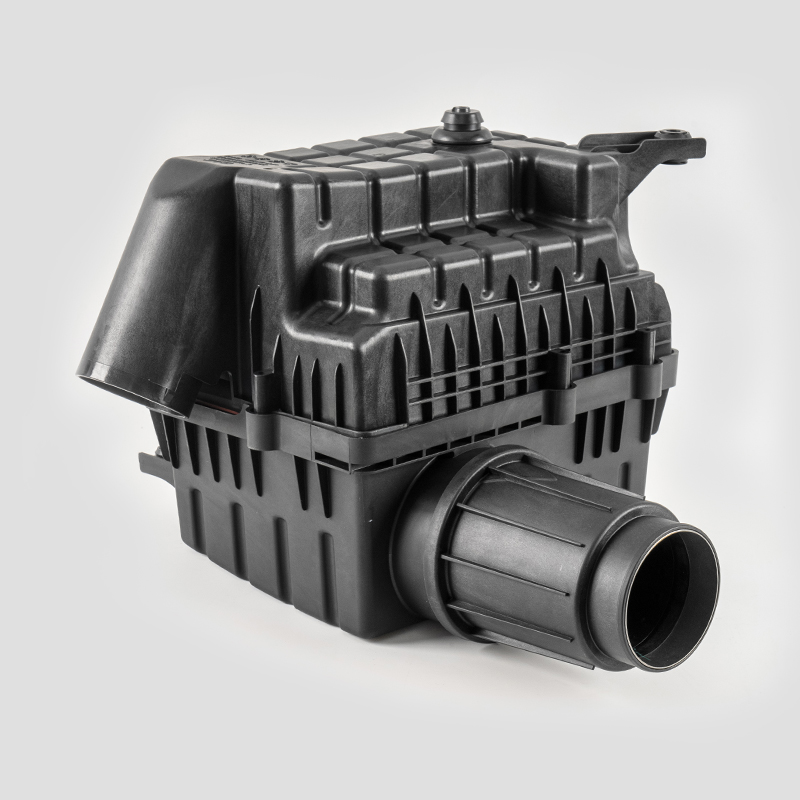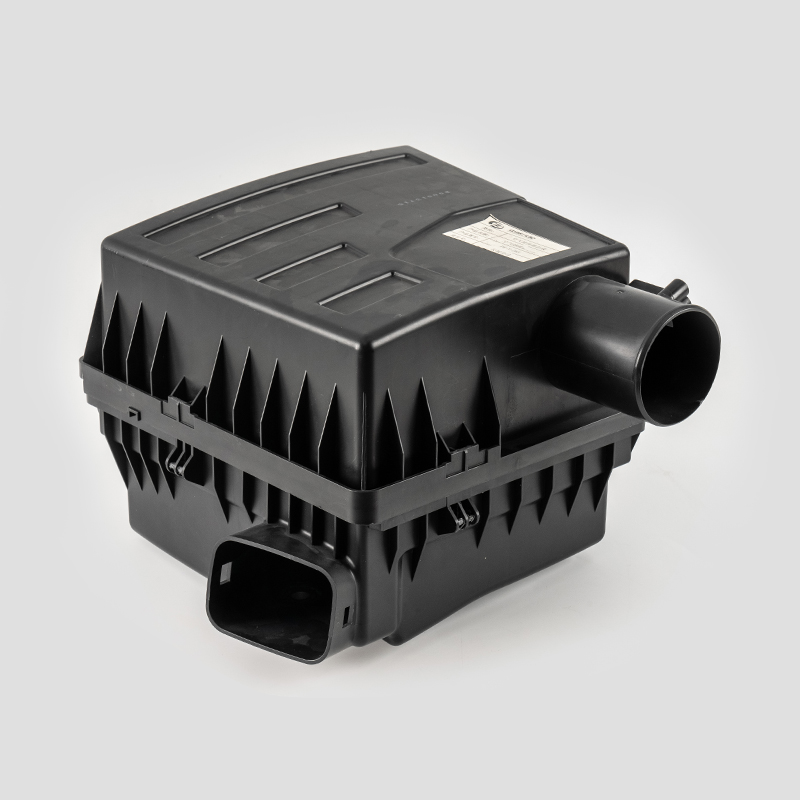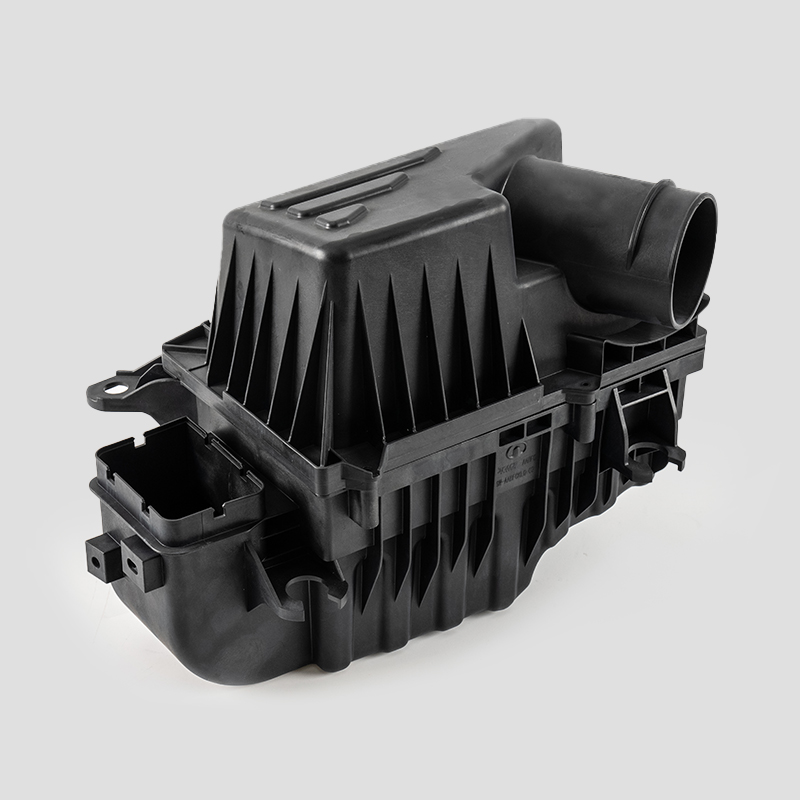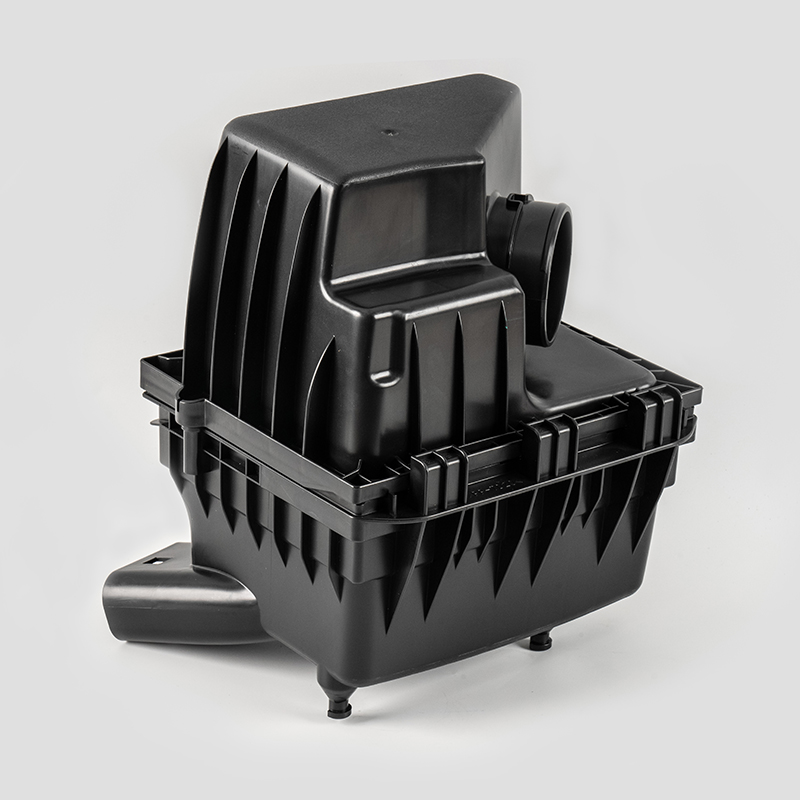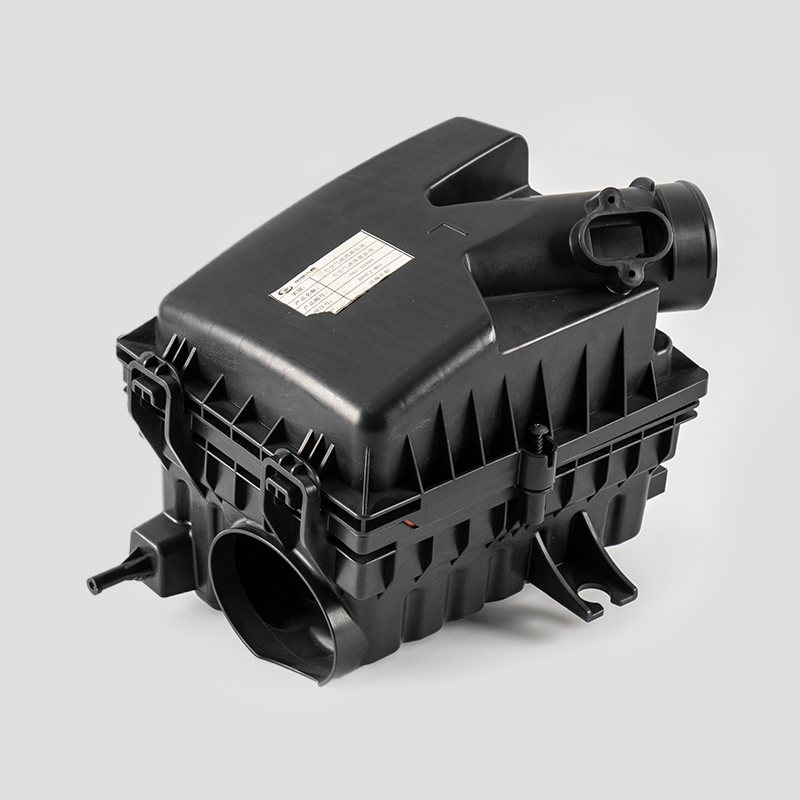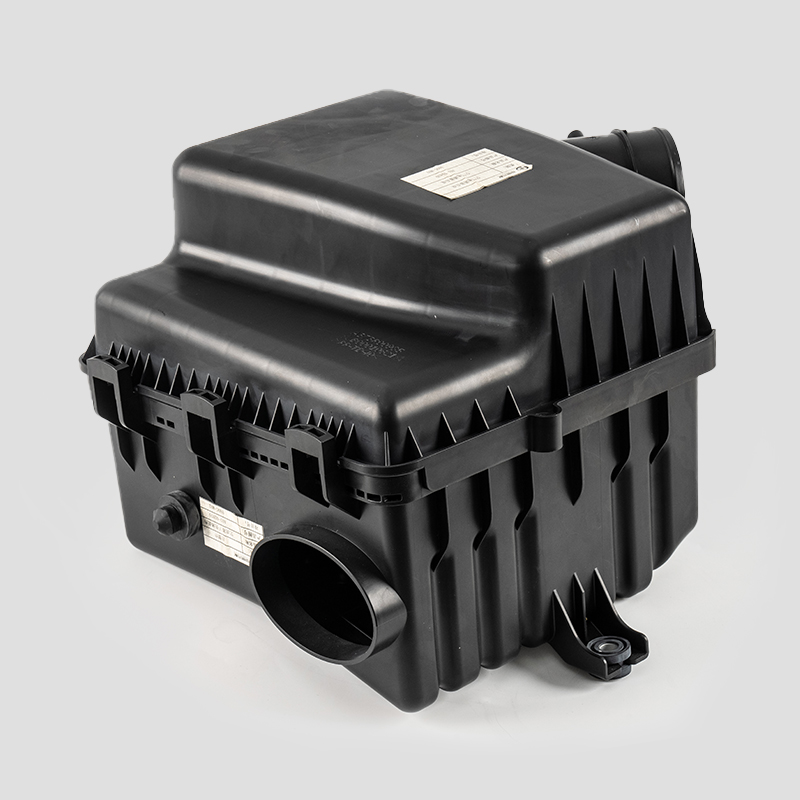How do Automotive Filter Elements improve the performance and lifespan of an engine?
Automotive Filter Elements are essential components in a vehicle's engine system, playing a crucial role in enhancing engine performance and extending its lifespan. These filters ensure that the various fluids, such as air, oil, and fuel, remain free from contaminants that could otherwise lead to internal engine damage or decreased efficiency. By maintaining the purity of these fluids, Automotive Filter Elements help to ensure that the engine operates smoothly, efficiently, and with optimal performance over a longer period.
One of the primary functions of Automotive Filter Elements is to filter out dirt, debris, and other impurities from the air, oil, and fuel before they can enter the engine. For example, the air filter element ensures that only clean air is delivered to the engine’s combustion chamber, preventing dust and dirt particles from damaging sensitive engine parts such as pistons, cylinders, and valves. These foreign particles can cause abrasive wear, reducing engine efficiency and leading to costly repairs. By providing clean air to the engine, the Automotive Filter Elements help maintain the optimal air-fuel mixture, ensuring better combustion and fuel efficiency.
Similarly, oil filters are vital in removing contaminants from the engine oil, which circulates through the engine to lubricate its moving parts. Contaminants such as metal shavings, carbon deposits, and dirt particles can accumulate in the oil, causing increased friction and wear on engine components. A clogged or inefficient oil filter can lead to poor lubrication, overheating, and accelerated engine wear. By ensuring that the oil remains clean, Automotive Filter Elements help to reduce friction and keep the engine running smoothly. This, in turn, prolongs the lifespan of engine components and reduces the need for costly repairs.
Fuel filters are equally important, as they prevent impurities in the fuel from reaching the engine. Contaminated fuel can clog fuel injectors and disrupt the flow of fuel to the engine, leading to poor performance, rough idling, or even engine failure. Automotive Filter Elements help ensure that only clean fuel enters the engine, allowing for better combustion efficiency and reducing the risk of fuel-related problems. This contributes not only to smoother engine operation but also to improved fuel efficiency, as the engine can operate at its peak performance without dealing with the negative effects of contaminated fuel.
By maintaining the cleanliness of the fluids that circulate through the engine, Automotive Filter Elements play a crucial role in preventing damage caused by impurities. Clean fluids allow the engine to operate at its optimal level, reducing stress on critical components and preventing unnecessary wear and tear. This results in a more efficient engine, as it can work at full capacity without the hindrance of contaminants, leading to improved fuel economy, better acceleration, and a more responsive driving experience.
In addition to improving performance, Automotive Filter Elements also contribute significantly to extending the lifespan of the engine. When contaminants are effectively filtered out, engine parts experience less wear, reducing the chances of breakdowns or failures. This not only enhances the engine’s longevity but also minimizes the frequency of repairs, allowing for longer periods between service intervals. Over time, this can result in substantial cost savings for vehicle owners, as they will not need to replace engine components as frequently.
Moreover, regular maintenance of Automotive Filter Elements is key to ensuring consistent engine performance. Filters that are clogged or damaged can impede fluid flow, causing the engine to work harder than necessary, which can lead to overheating and reduced efficiency. Replacing or cleaning filters at recommended intervals ensures that the engine is always receiving clean air, oil, and fuel, allowing it to function at its best and preventing unnecessary stress on its components.




 English
English Español
Español عربى
عربى